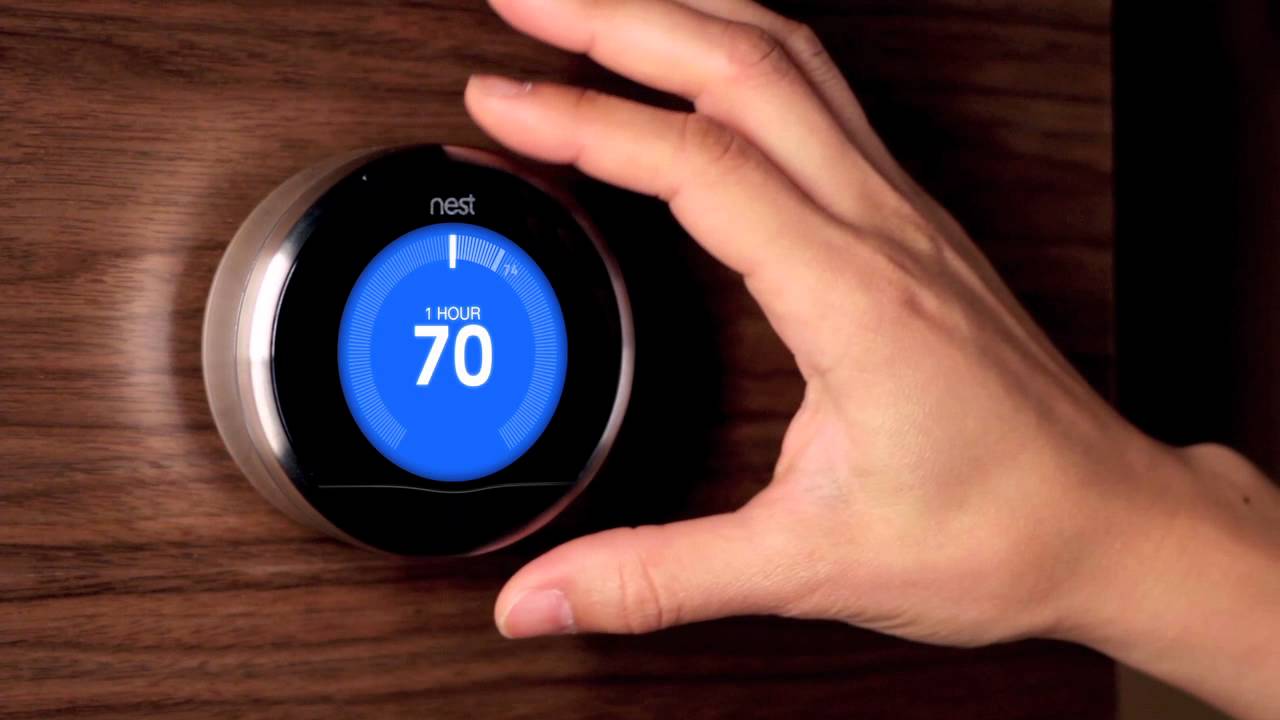As temperatures fall, energy bills are on the rise for Montreal residents. Heating costs amount to approximately 54 per cent of the average customer’s total energy usage and new renters can often suffer from sticker shock upon receiving their first winter bill. The McGill Tribune spoke to Audrey Giguère, press officer from Hydro-Quebec, on how first-time renters can cut heating bills this winter.
1. Eliminate drafts
A sure-fire way tenants can reduce their current heating bill is to get rid of all drafts in the apartment. A draft is a current of cold air coming from the outside. If you are unsure if there is a draft in your apartment or where drafts may be coming from, check the interior walls of the apartment.
“Twenty-five per cent of heat loss comes from draft leaks,” Giguère said. “If you place your hand close to the window or doors, you can feel if there is a draft.”
If there is a draft coming through the windows, this problem can be easily fixed by covering windows with ordinary plastic wrap from your local grocery store. To insulate your windows, cover the window from top to bottom with the plastic wrap and secure each end with tape. Once the half of the window is covered, press your hand against the window so that the plastic clings to the glass of the window. Then repeat the process for the lower half of the window. This will create a better seal on the windows and close up any gaps that let cold air inside. If there is a draft coming from a door, tenants may want to consider asking their landlord to replace the weatherstripping, which seals off openings around doors from outside elements.
2. Lower your thermostat
This tip may seem obvious, however, many students may be surprised to learn how big a difference even the most gradual changes can make on your total heating expenses.
“If you lower your thermostat by one degree Celsius, you can save up to $40 a year,” Giguère said.
For additional savings, Chouinard suggests renters lower their thermostat by two or three degrees Celsius. However, everyone has different habits and preferences, so find a temperature that works for all of the renters living in the apartment. A good rule of thumb is to set your thermostat around 20 degrees Celsius during the winter and increase the temperature to your comfort.
If tenants are looking to save money, but feel a bit chilly after lowering their thermostats, they might want to try keeping warm in other ways. Try wearing a warm hat around the apartment, as uncovered heads can lose up to 50 per cent of body heat. Wearing extra layers and drinking hot beverages may help as well.
3. Don’t waste heat on unused space
Try to prioritize the rooms that need to be heated in the apartment, such as bedrooms or the living room. Conversely, turn down the thermostats in low priority rooms, such as laundry rooms, storage areas, and the kitchen.The money saved can be better used making the rooms you spend the most time in comfortable.
“If you have an unoccupied room, close the door and set the temperature for 17 degrees Celsius,” Giguère said.
Another good habit is to lower the thermostat whenever the apartment is unoccupied. When tenants are not home, they should lower their thermostat by 2 or 3 degrees Celsius. This can save another $50-$75 on their annual electric bill.
4. Let nature do its work
Sunlight is a natural source of heat and, best of all, it’s free. Chouinard recommends that students take advantage of sunlight to cut their annual electric bill.
“Open your blinds or curtains during the day, and close them at night to keep the heat inside,” Giguère said.
Incorporating this habit into your daily routine maximizes the heat that comes into the apartment during the day and minimizes the heat lost during the night. Additionally, renters may want to consider replacing thin curtains with a thicker set. Thicker curtains will create a more effective barrier between the apartment and the outside air during the evening.
5. Don’t block the heat source
Make sure that the area in front of heat sources is cleared to maximize the flow of air.
“It is very important to keep all furniture away from the heat source. If not, the apartment will not heat properly,” Giguère said.
For maximum heating efficiency, walk through the apartment to make sure that there is nothing blocking your heating system. This will save tenants from having to crank up the thermostat to keep their apartment warm.









